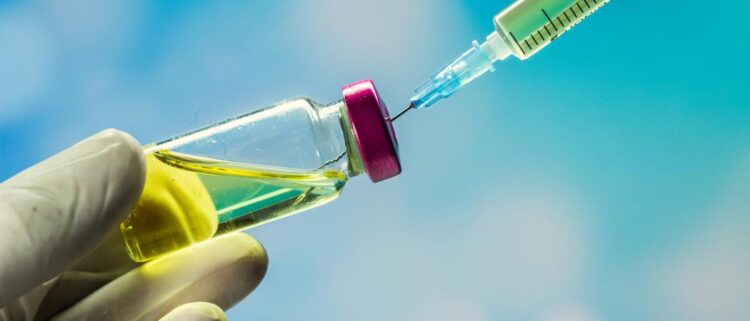By Sammie Jones-
The British public is being urged to participate in trials to find out whether a third dose of Covid vaccine could protect against new variants.
All seven vaccines the UK are to be tested on working-age people and over-75s as part of a randomised trial.
It means that in addition to AstraZeneca, Pfizer and Moderna, some people will be given doses of vaccines from Novavax, Janssen, Valneva and CureVac,
The Cov-Boost study, which costs £19.3 million, is being funded by the UK government and led by the University Hospital Southampton NHS Foundation Trust, as part of the National Immunisation Schedule Evaluation Consortium (NISEC).
The government says the data collected will help vaccine advisers decide if re-vaccinating some people in the autumn is necessary. The trial will also collect information on side effects and immunity.
The Cov-Boost study, which starts in June, will recruit 3,000 people of all ages who had their first dose in December or January, to test if this is worthwhile.
“It could be that some age groups may not need a booster and others do,” said Prof Saul Faust, chief investigator for the trial, from the University of Southampton.
“We are not trying to say one is better than the other.
“The aim is to find out whether there should be a booster campaign and which vaccine to use,” he said.
Prof Faust said he was not expecting any vaccines to be “detrimental” but some could cause high fevers or very sore arms, for example, which would be useful to know.
The vaccines will be trialled at 18 sites across the UK, and half doses will also be tested.
The sits include Southampton, London (University College Hospital, Guy’s and St Thomas’ Hospital and Northwick Park Harrow), Leicester, Bournemouth, Portsmouth, Wrexham, Bradford, Oxford, Glasgow, Leeds, Cambridge, Birmingham, Brighton, Stockport, Liverpool and Exeter.
This involves testing their blood for antibodies to coronavirus – high levels are a sign that the body’s defences are primed to fight off the virus.
Dr Matthew Snape, associate professor of paediatrics and vaccinology at the University of Oxford, said the study was a world-first and there would be global interest in the results.
Another study, called ComCov, which is testing using different doses of vaccines for the first and second doses found that mixing doses increased mild-to-moderate symptoms after vaccination.

